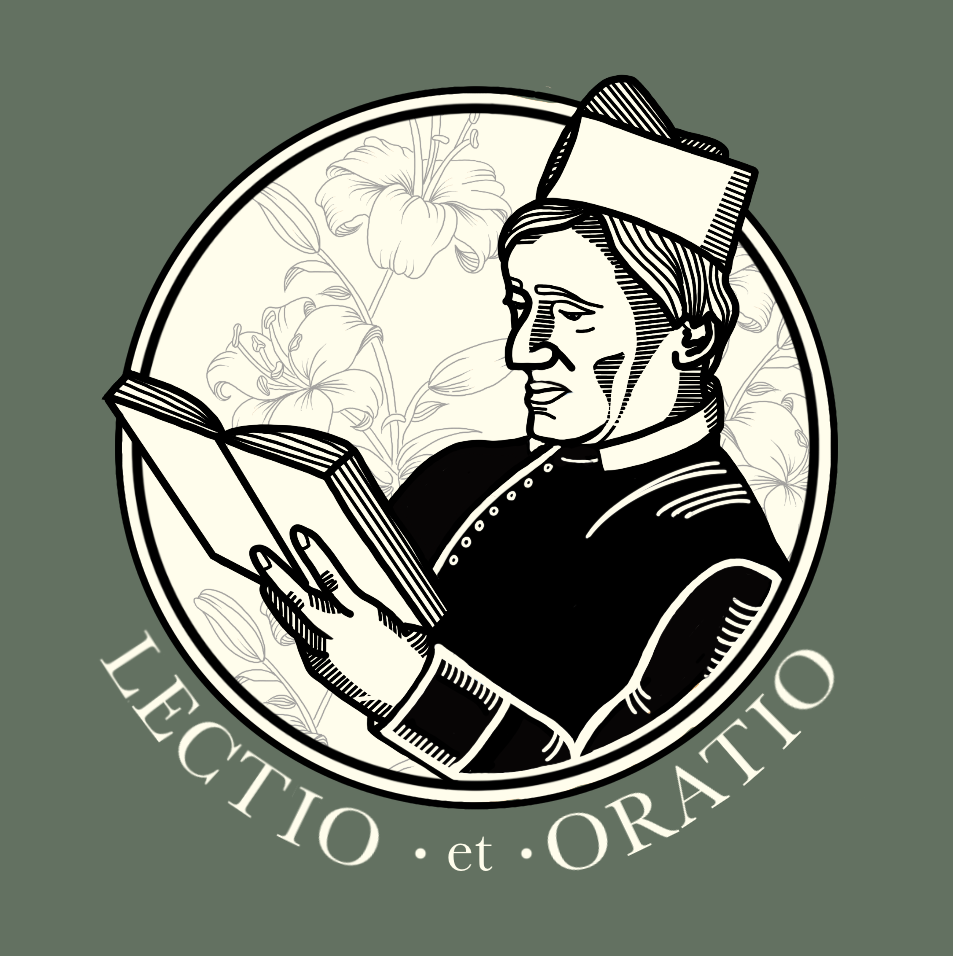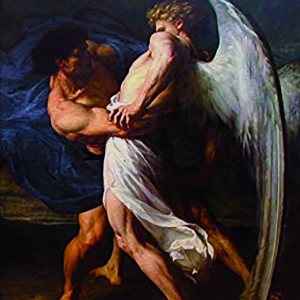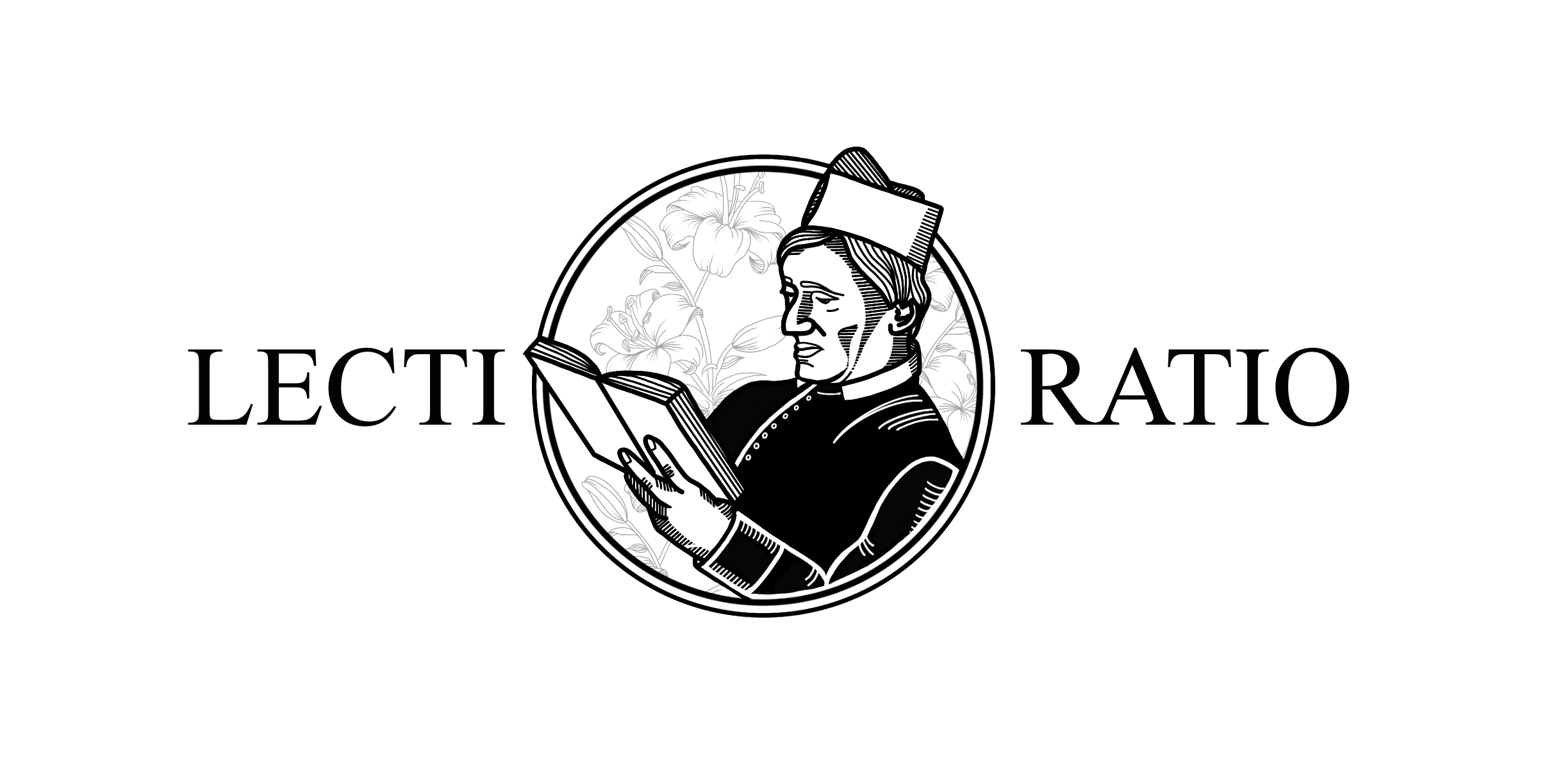
33.5K
Downloads
828
Episodes
St Philip Neri in the 16th century would gather those each day who were desirous of seeking Christian perfection. He would read from a spiritual book and then discourse on the meaning of what was read. This podcast (and the nightly prayer group from which it springs) seeks to carry on St Philip’s method of helping people become holy, even saints, in their own homes.
Episodes

Friday May 28, 2021
Episode 77 -- Spiritual Combat c48 -- Marian Meditation Method
Friday May 28, 2021
Friday May 28, 2021
If one wants to spend 30 minutes or an hour meditating on the Blessed Virgin Mary, is it possible? Yes!
During the first day of the traditional Pentecost Octave, our minds naturally turn to the Blessed Virgin Mary. St. Francis of Assisi called her the Spouse of the Holy Spirit. There never was a moment in Our Lady’s existence that she did not have the Holy Spirit in her heart. She was conceived with the grace of the Holy Spirit in her soul. She never sinned or lost that grace. She and the Holy Spirit cooperated in the conception of Christ Jesus in time. Like spouses, she and the Holy Spirit are distinct, but inseparable. They continue to work together. Our Lady is able to be called the countenance of the Holy Spirit. St Maximilian Kolbe called her “a quasi incarnation of the Holy Spirit”! In other words, she and the Holy Spirit are so close that it is as if (quasi) she and the Holy Spirit are one person.
I tell you all this because it can be hard to relate the Holy Spirit. But being devoted to Mary gives one a visible face to aid us. As St Joseph was a visible image of God the Father for Jesus, the Son, on earth, so Mary was a visible image of the Holy Spirit. The Holy Family in Nazareth (Joseph, Jesus, Mary) is an image of the Holy Trinity (Father, Son, and Holy Spirit).
The Church especially dedicates the Monday after Pentecost to Mary as Mother of the Church. The Feast of Mary, Help of Christians, May 24th, was established by Pope Pius VII. And so it is fitting in the Providence of the eternal Father that this episode's reading is about Mary. In this episode Fr. Scupoli offers us a meditation method based on the three things:
- God the Father’s eternal love for Mary.
- God the Son’s love for His mother who bore Him in her womb and never stopped assisting Him.
- Our Lady’s own role in our salvation.
In the previous episode, we pondered a short method of meditation based on two principles:
- The merits of Christ’s sufferings - what kind of justice he earned by his patient suffering.
- The satisfaction and glory given to the Father by Christ’s obedience.
Let us recall that this method of meditating is meant to help us acquire a virtue like patience.
- What did Christ’s patience merit? What was owed him as a just REWARD? His own glorification (resurrection/ascension) and our salvation (sending us the Holy Spirit). By Christ’s patience, God brought forth the greatest good (the RESURRECTION), snatching victory from the greatest evil, killing the Son of God.
- What then can we merit, through Christ, by our own patience?
- We should ponder that our patience motivated by love unites us to Jesus?
- Satisfaction and Glory:
- His obedience, patiently borne, also made satisfaction for all the disobedience of humanity. Christ makes satisfaction because He offers his Father, Aquinas teaches, “something he loves more than he hates the offence.” God the Father loves the obedience of the Son made man more than he is displeased with all our sinful disobedience. To make satisfaction is to make up for, to atone for, to counterbalance.
- How might my patience help make up for my own sins or the effects of my sins?
-
How should I encourage others?
- Christ’s love, his preferring His Father’s will over all the pain and suffering and rejection gave more glory to His Father than all our disobedience and selfishness diminishes God’s glory. God’s will is a greater good than anything this world can offer!
- What Glory can I give God my patiently embracing the sadness he allows me to undergo?
- Can I proclaim the greatness of God in this trial?
- His obedience, patiently borne, also made satisfaction for all the disobedience of humanity. Christ makes satisfaction because He offers his Father, Aquinas teaches, “something he loves more than he hates the offence.” God the Father loves the obedience of the Son made man more than he is displeased with all our sinful disobedience. To make satisfaction is to make up for, to atone for, to counterbalance.

No comments yet. Be the first to say something!